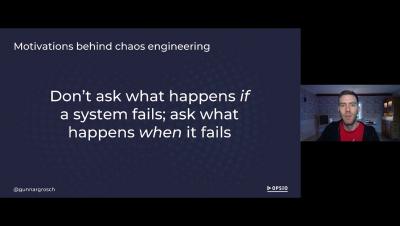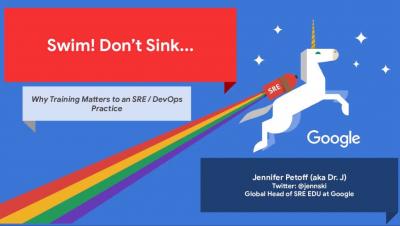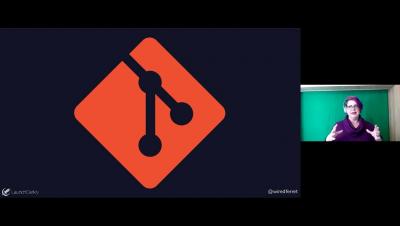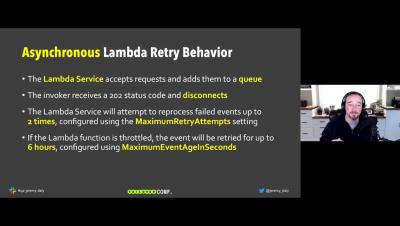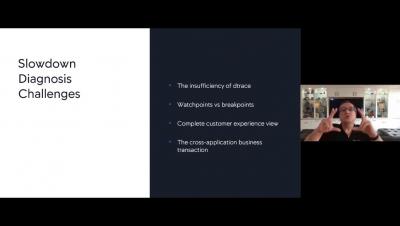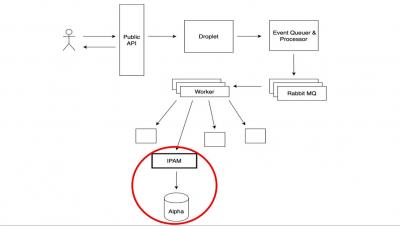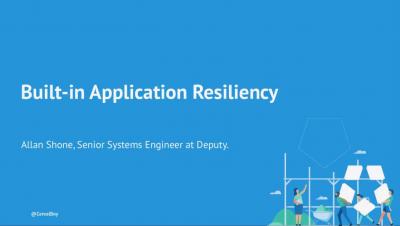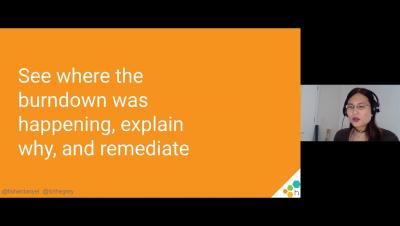Human-in-the-Loop DevOps Taylor Barnett Failover Conf 2020
Within DevOps, automation has become a North Star. We want to automate the toil away, but the goal of "no toil" is unattainable. Many runbooks can only be partially automated because they still require human intervention and insights. Human-in-the-Loop DevOps is the idea that we can benefit from automating toil while still embracing the human interaction in specific tasks.




